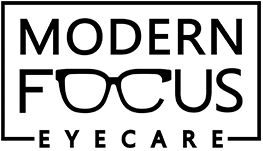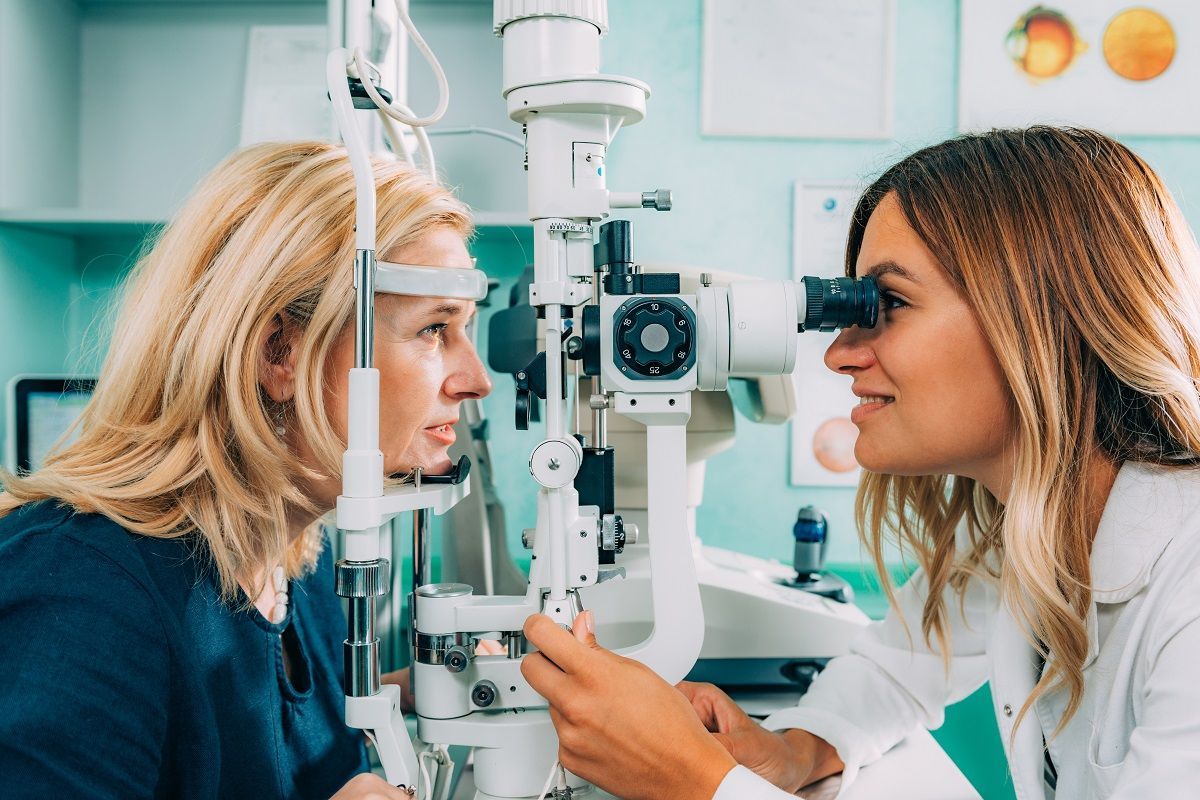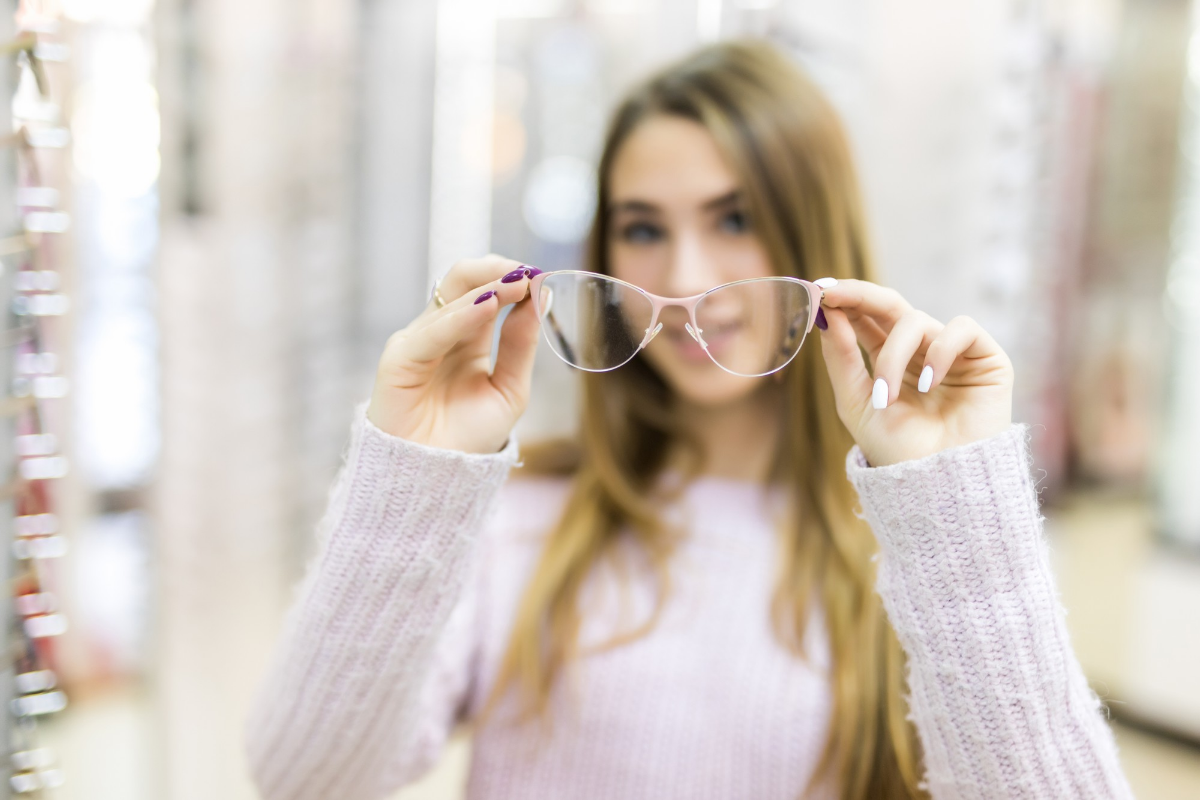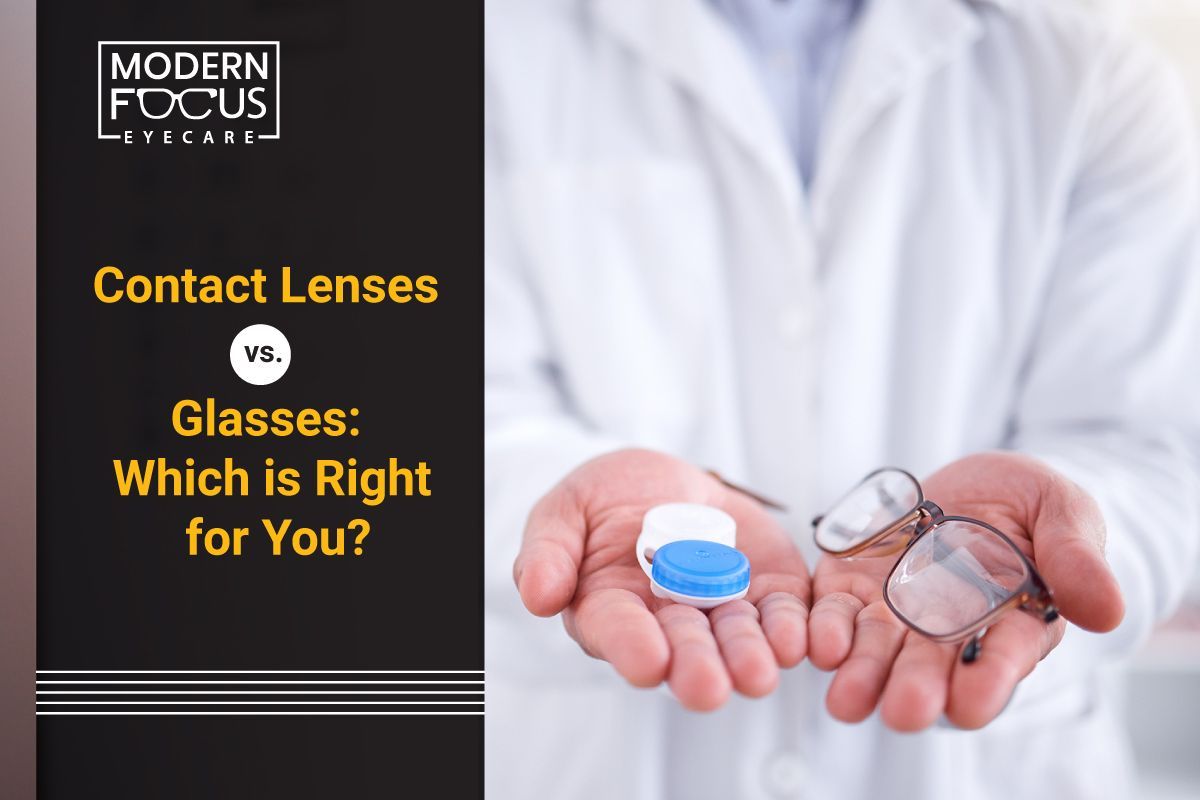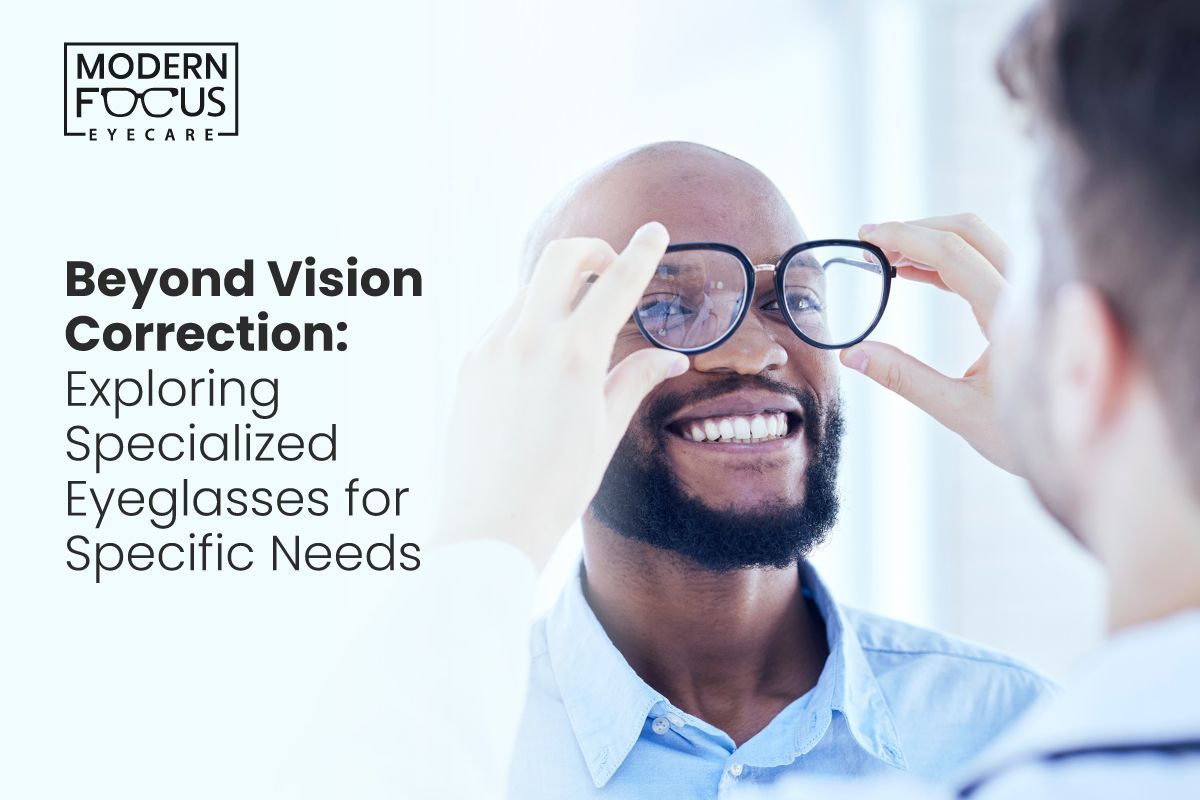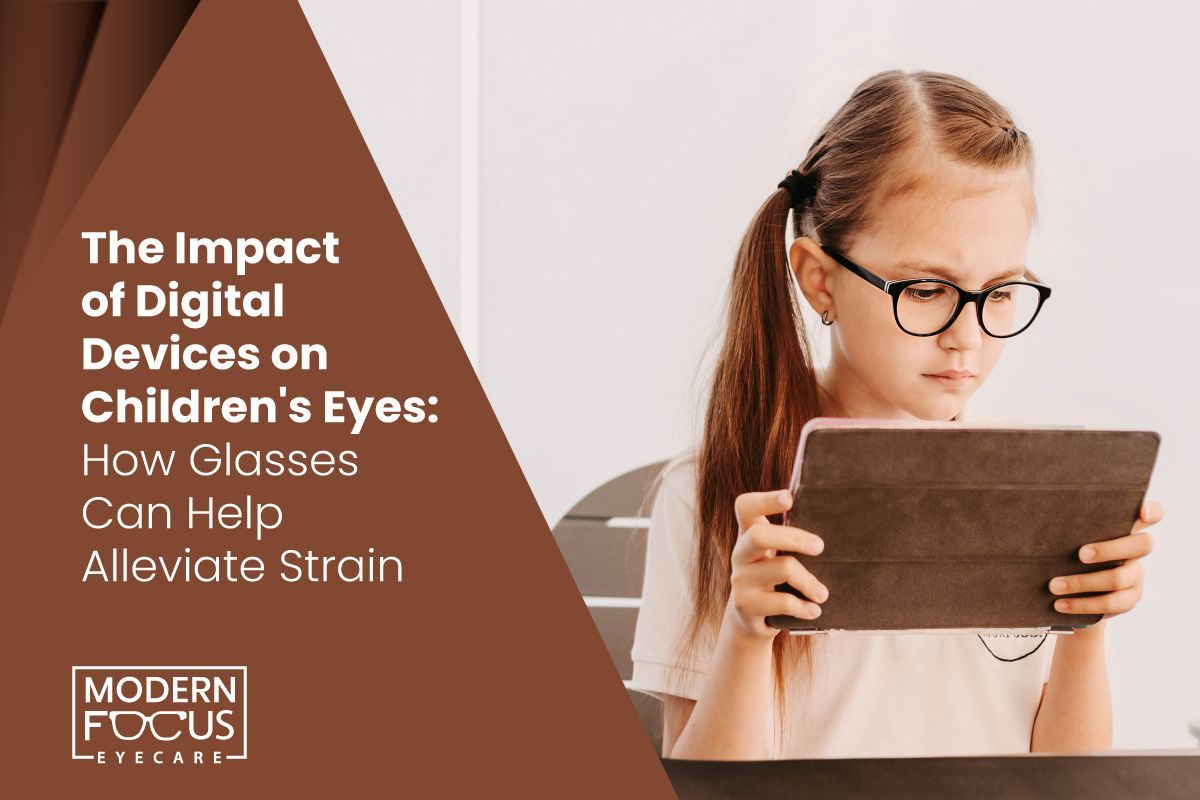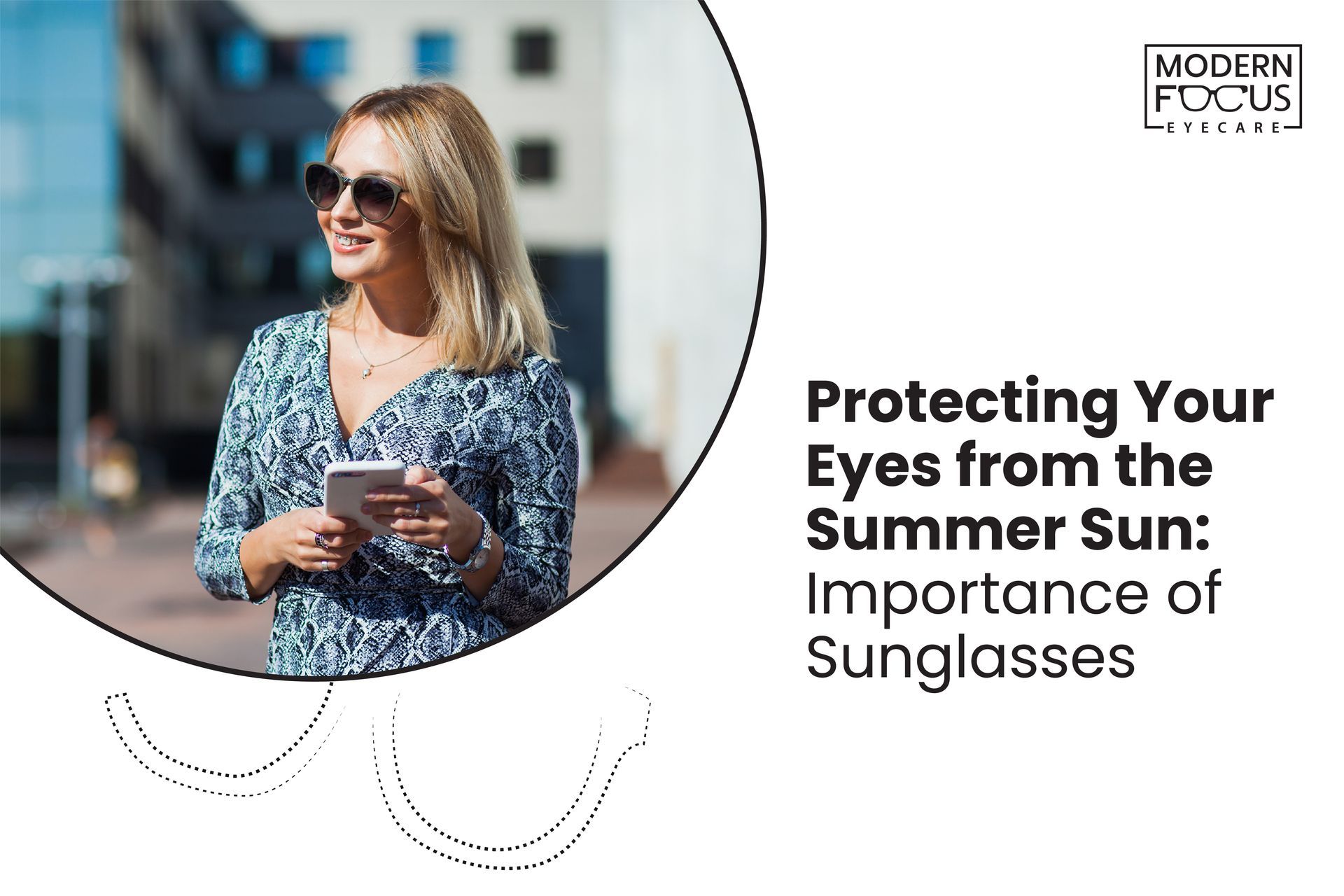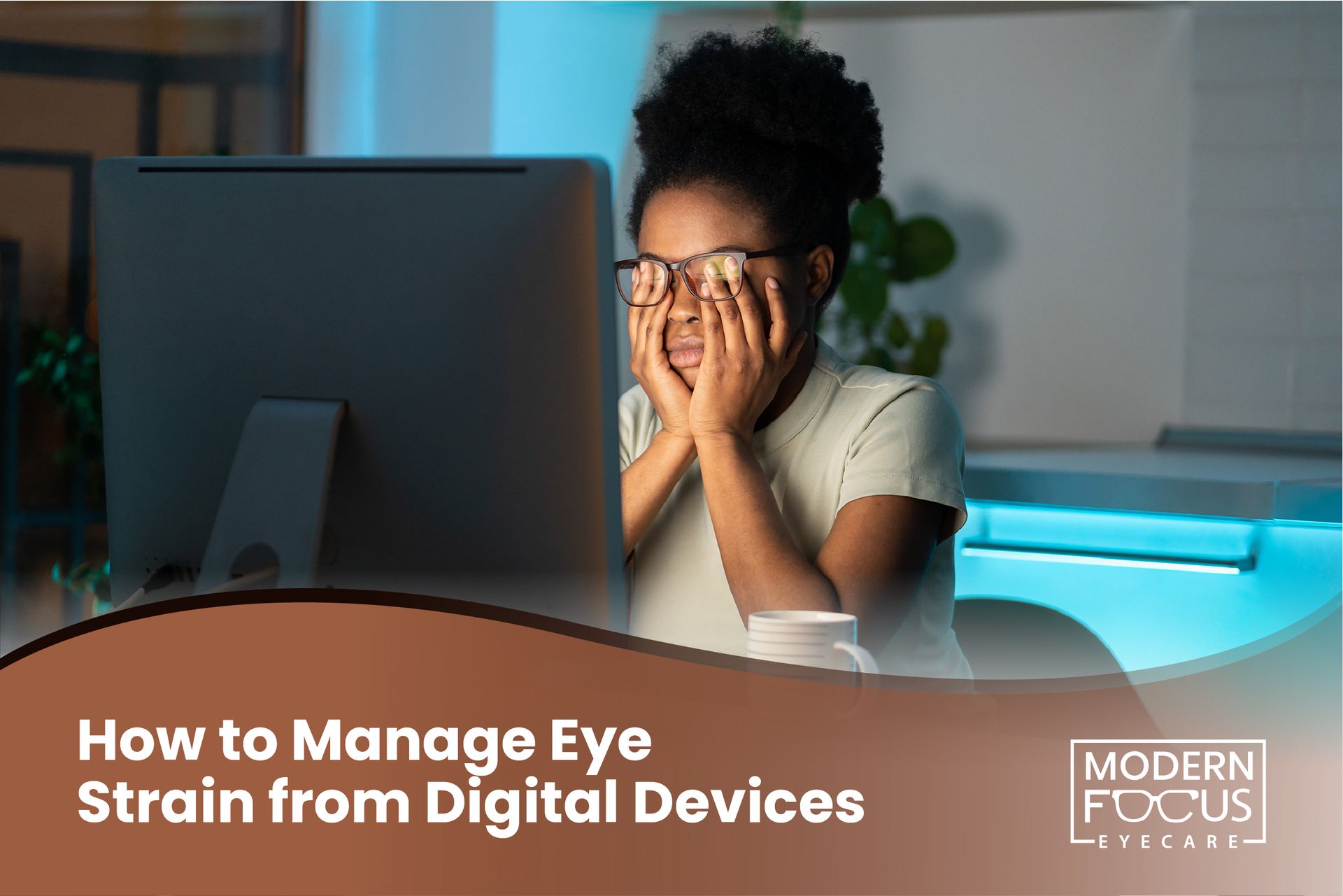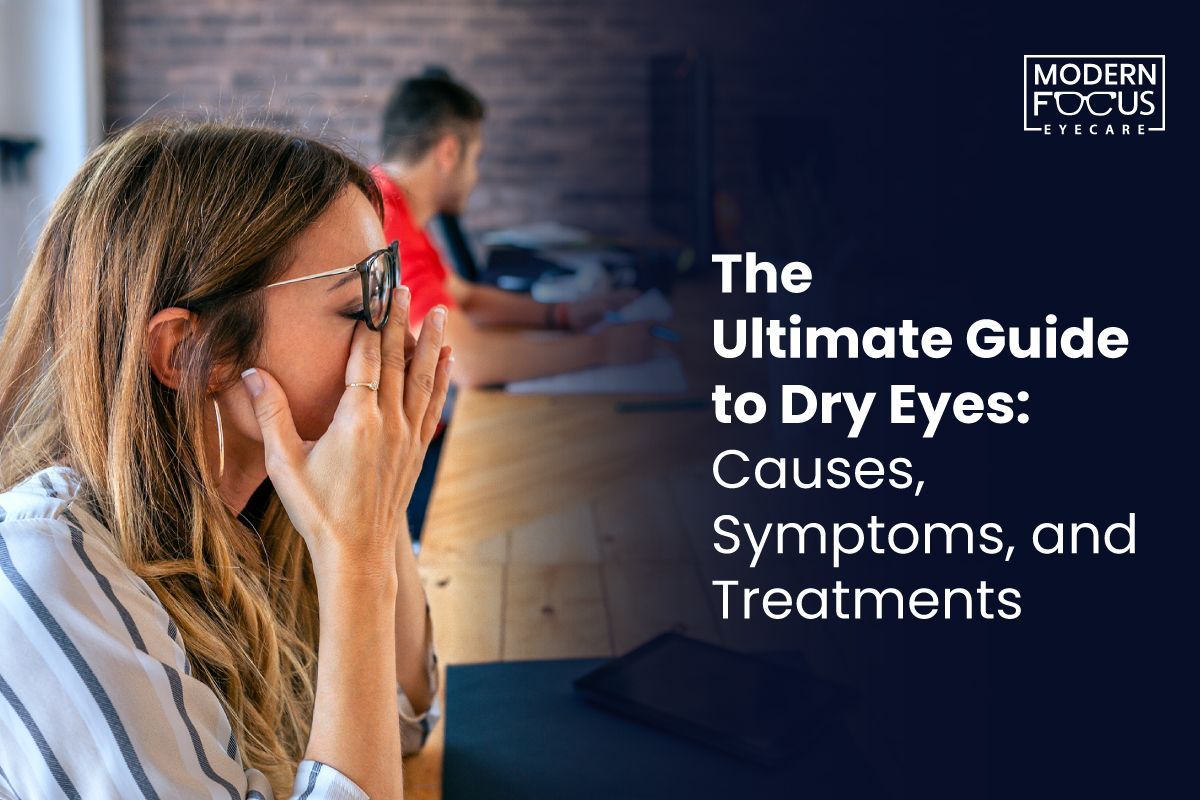Navigating Allergies and Eye Health: Advice From Optometrists

Eyes and Allergies: Understanding the Link
As the sensory organs that allow us to perceive and interact with the world around us, our eyes play an indispensable role in our daily activities. However, amid modern life's hustle and bustle, the significance of eye health is often taken for granted. Optimal vision enhances our daily experiences and overall well-being, but there are a number of factors that may impair our eyesight and negatively affect our quality of life. One of the usual suspects is allergies.
In this article, we'll delve into the crucial connection between allergies and eye health, exploring insights from optometrists to guide you through maintaining optimal vision, especially if you live in allergy-prone regions.
Understanding Allergies
- Common Allergens
Before delving into the impact of allergies on eyes, it's essential to identify common allergens. The first step in allergy management is recognizing potential triggers.
Examples:
- Pollen
- Dust mites
- Mold
- Pet dander
- Foods (such as nuts, shellfish, and dairy)
- Insect stings
- Certain medications (such as penicillin)
Types of Eye Allergies
Eye allergies range from the most common and less severe forms, such as hay fever-related, to entirely autoimmune and severe eye allergies. Whatever type of allergy you’re dealing with, it’s crucial to identify potential triggers and seek guidance from optometrists to manage and prevent allergic reactions that affect the eyes.
Examples:
- Seasonal allergic conjunctivitis (SAC)
- Perennial allergic conjunctivitis (PAC)
- Vernal keratoconjunctivitis (VKC)
- Atopic keratoconjunctivitis (AKC)
- Giant papillary conjunctivitis (GPC)
Impact of Allergies on Eyes
Allergies don't limit their effects to sneezing and runny noses; they may also wreak havoc on our eyes. Redness, itching, and swelling are common symptoms of allergic reactions affecting the human eye.
Symptoms of Allergic Reactions in the Eyes
Identifying eye allergies symptoms is crucial for timely intervention.
Examples:
These symptoms signal that your eyes might react to allergens in your environment.
Digital Eye Strain and Allergies
Combined with allergies, digital eye strain can exacerbate symptoms. Optometrists offer guidance on managing both issues simultaneously, considering the unique challenges posed by modern lifestyles.
Optometrists' Insights
- The Role of Optometrists in Eye Health
Optometrists are highly reliable in vision correction, so we often consult them first about our eye health. Regular eye check-ups with optometrists are essential for early detection of potential issues.
- Specialized Advice for Managing Allergies
To address allergies that affect the eyes, optometrists provide specialized advice for your particular situation. Tailored recommendations range from lifestyle adjustments to specific eye drops that alleviate allergic symptoms.
- Importance of Regular Eye Check-Ups
Routine eye check-ups are not just for people with existing vision problems. Optometrists emphasize the importance of regular visits to monitor eye health and address emerging issues before they become serious.
Lifestyle Changes for Better Eye Health
- Diet and Its Impact on Eye Health
What we eat directly impacts our eye health. Optometrists advise incorporating foods rich in vitamins E, C, and A and omega-3 fatty acids to maintain optimal vision.
- Environmental Factors to Consider
Beyond diet, environmental factors such as air quality and lighting influence eye health. Optometrists guide people in adjusting to their surroundings for a more eye-friendly environment.
- Incorporating Eye-Friendly Habits Into Daily Life
Simple habits like taking breaks during screen time, practicing the 20-20-20 rule, and wearing sunglasses outdoors significantly improve eye health. Optometrists emphasize the importance of integrating these practices into daily routines.
Allergy Management Strategies
- Over-the-Counter Solutions
For mild allergic reactions, over-the-counter solutions like artificial tears may provide relief. Optometrists often recommend these as a first-line defense against common eye allergies (eye drops for seasonal allergies, for example).
- Prescription Medications
Prescription drugs may be necessary in cases of persistent or severe allergic symptoms. Optometrists prescribe antihistamine eye drops or oral medications to address more challenging allergy-related eye issues.
- Preventive Measures for Minimizing Allergen Exposure
Optometrists advocate for preventative measures to minimize allergen exposure. From using air purifiers to keeping windows closed during high pollen seasons, these strategies reduce the likelihood of allergic reactions affecting the eyes.
The Intricacies of Eye Health Challenges
- Navigating Complex Eye Health Issues
The field of eye health is multifaceted, with various factors contributing to challenges. Optometrists navigate this complex path to provide comprehensive care tailored to individual needs.
- The Intersection of Allergies and Other Eye Conditions
Allergies often intersect with other eye conditions, complicating the diagnosis and treatment. Optometrists share insights on addressing these intertwined issues to achieve optimal outcomes.
The Future Of Eye Care
- Emerging Technologies in Eye Care
The world of eye care is witnessing rapid advancements in technology. From smart contact lenses to diagnostic tools, optometrists embrace innovative solutions that enhance patient care.
- Optometrists Embracing Innovative Approaches
Optometrists actively engage with and adopt innovative approaches to stay relevant in eye care. Their willingness to explore new technologies benefits patients by offering more effective and personalized solutions.
Encouragement for Prioritizing Eye Health
Navigating allergies and maintaining optimal eye health requires a holistic approach. Understanding the impact of allergies, seeking guidance from optometrists, and incorporating lifestyle changes will safeguard vision quality and overall eye health. In many ways, we experience our lives through our eyes first, and by investing in our vision, we are able to see a more vibrant future filled with unforgettable moments.
FAQs
Q: Can allergies cause permanent damage to the eyes?
Allergies may cause persistent symptoms, but permanent damage is rare with proper management and timely intervention. Consult with an optometrist to receive personalized guidance.
Q: How often should one visit an optometrist for eye check-ups?
Optometrists recommend regular eye check-ups at least once a year for people with no existing vision issues. As their optometrist advises, those with specific conditions may need more frequent visits.
Q: Are there specific foods that can improve eye health?
Food rich in vitamins A, C, and E and omega-3 fatty acids benefit eye health. Optometrists emphasize a balanced diet for overall well-being.
Q: What role does genetics play in eye health?
Genetics influence the risk of certain eye conditions. Understanding family history allows optometrists to tailor preventive measures and screenings based on individual genetic predispositions.
Q: Can digital devices worsen allergy-related eye symptoms?
Extended use of digital devices contributes to eye strain, which may worsen allergy-related symptoms. Optometrists recommend regular breaks and proper screen settings to minimize discomfort.
Q: Can allergies cause light sensitivity?
Yes, allergies may lead to light sensitivity, also known as photophobia. Photophobia is when the eyes become more light-sensitive, often causing discomfort or pain. Allergies cause eye inflammation, making them more sensitive to light.
Welcome 2024 With a Clearer Vision!
You're on the right track if you're searching online for "eye allergies pollen," "allergies puffy eyes," and "eyes allergy."
Modern Focus Eyecare offers accurate diagnoses for eye disorders to provide you with the proper treatment. We have a wide selection of treatment and management plans to help protect your eyes from allergens and irritants that may lead to vision problems.
Our
eye care professionals are here to guide you toward achieving a clearer and brighter future!
If you have any questions, schedule an appointment
With Our Eye Doctor or Call Us At (972) 617-8000
Modern Focus is your one-stop Eyecare Center in Texas. We have a team of highly-experienced optometrists to examine, diagnose, treat, and manage diseases, injuries.
Useful Links
Our Eye Services
Copyright © 2021 Modern Focus. All rights reserved.

